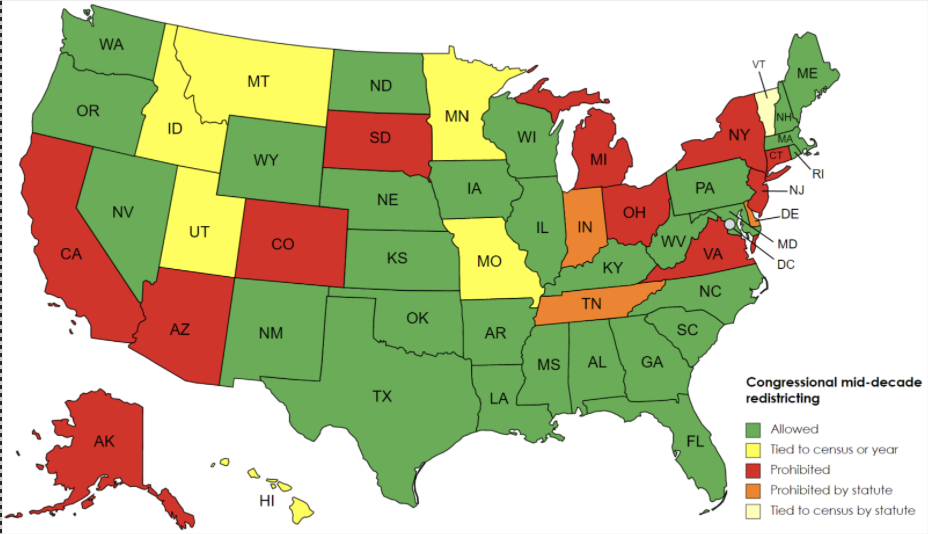
Artificial intelligence’s (Al) rapid growth over the past years has been exponential, but it is also concerning to many employees in the workforce. Many work forces, including receptionists, retail sales associates, and graphic designers, have extremely alarming futures in their careers.
Al has been immensely helpful to our society over the years, leading to significant impacts in various career fields in the United States. However, with Al’s fast progression, it creates the risk of taking these jobs over. Today, some of the most conflicted career fields are the manufacturing industry and retail sales associates. The manufacturing industry’s development of Al robots and automation systems are increasingly taking over roles that are performed by humans. These robots and automation systems are always available, making them significantly more efficient than humans. It is the same instance with retail sales associates; with the use of Al robots, it eliminates the need to employ a person who would be less efficient.
Accounting is a career field that has a questionable future. While Al does not have the capabilities to simply overtake accountants, Al is rapidly taking over cashiers, telemarketers, and data entry clerks. This is going to cause significantly more competition in accounting positions, and other financially related positions that will not get overtaken by Al. This could be a massive problem for the financial sector of jobs.
Accounting teacher Mr. Scott Oman said, “Over time, less and less jobs will be available due to the growth of Al, resulting in a vast increase in competitiveness making it that much harder to become an accountant.” Oman believes further investments in technology will aid, but never fully takeover, the career field.
Al has positively impacted businesses in many ways, but it is inevitably a threat to our nation’s workforce. As Al evolves, it is vital for workers in these affected areas to adapt by learning new skills. While AI has proved to bring many benefits such as efficiency and productivity, will it raise the unemployment rate 50-100 years down the line?







